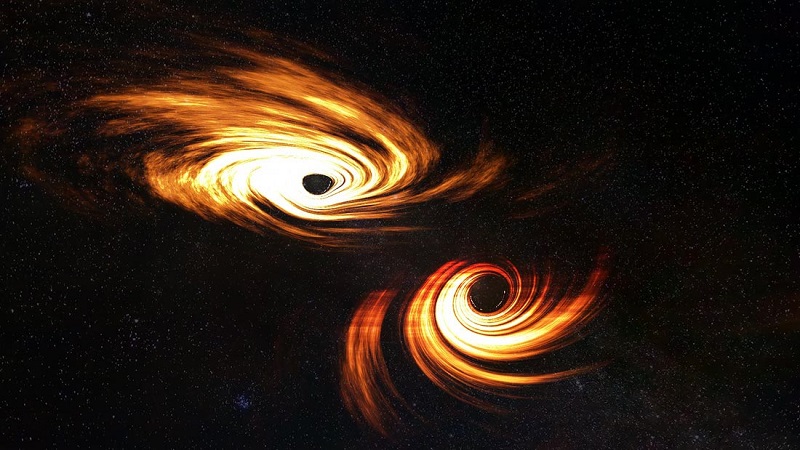
Three scientists, Roger Penrose of Britain, Reinhard Genzel of Germany and Andrea Ghez of the US, won the Nobel Prize for Physics for their research into “one of the most exotic phenomena in the universe, the black hole.”

Penrose, was honoured for showing “that the general theory of relativity leads to the formation of black holes”, while Genzel, and Ghez, were jointly awarded for discovering “that an invisible and extremely heavy object governs the orbits of stars at the centre of our galaxy,” the jury said.
The term “black hole” refers to a point in space where matter is so compressed as to create a gravity field from which even light cannot escape. For years physicists questioned whether black holes could really exist but Penrose, a professor at the University of Oxford, used mathematical modelling to prove back in 1965 that black holes can form.

His calculations proved that black holes; super dense objects formed when a heavy star collapses under the weight of its own gravity; are a direct consequence of Einstein’s general theory of relativity. Using the world’s largest telescopes, they discovered an extremely heavy, invisible object; around 4 million times greater than the mass of our Sun and that pulls on surrounding stars, giving our galaxy its characteristic swirl.

Post Your Comments